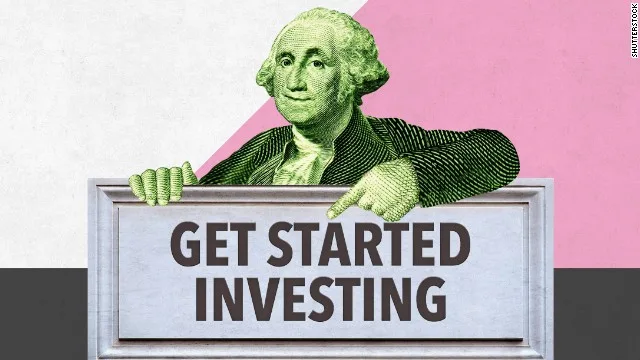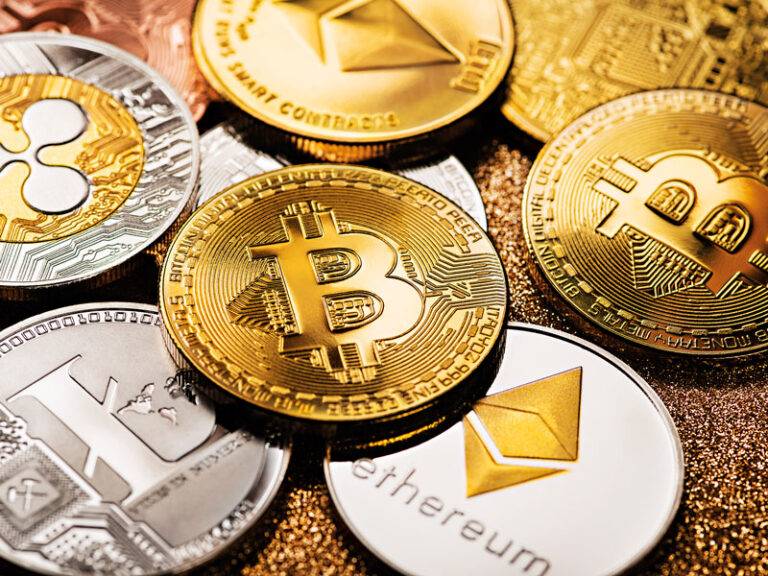Introduction
In recent years, blockchain technology has gained significant attention and disrupted various industries, with one of its most promising applications being the tokenization of assets. This groundbreaking concept has the potential to revolutionize the real estate industry and transform how assets are bought, sold, and traded. In this article, we will delve into the world of asset tokenization, explore its benefits, and examine how blockchain is reshaping not only real estate but also other industries.
.jpg)
Understanding Asset Tokenization
Asset tokenization involves representing real-world assets, such as real estate properties, artworks, or commodities, as digital tokens on a blockchain network. These tokens are backed by the underlying assets and are programmable, secure, and easily tradable. By dividing tangible assets into smaller fractional ownership units, tokenization makes it possible for individuals to invest in assets that were traditionally inaccessible due to high costs or regulatory barriers.
Revolutionizing Real Estate
Real estate has long been considered an illiquid investment, requiring substantial capital and complex legal procedures. However, blockchain-based asset tokenization provides a solution to these challenges. By breaking down properties into digital tokens, investors can buy and sell fractional ownership shares, enabling greater liquidity and diversification in the real estate market. Tokenization also reduces barriers to entry for investors, allowing them to participate in a broader range of real estate projects, including commercial properties, residential complexes, or even international assets.
Benefits of Tokenization
Increased Liquidity: Tokenization unlocks liquidity by enabling fractional ownership and facilitating seamless trading of digital assets. Investors can buy or sell tokens on secondary markets, enhancing market efficiency and creating new investment opportunities.
Accessibility and Inclusion: Asset tokenization democratizes access to investments, empowering retail investors to engage with high-value assets. It reduces the minimum investment threshold, making it possible for individuals with limited capital to participate in asset ownership and gain exposure to potential returns.
Enhanced Transparency: Blockchain technology provides an immutable and transparent ledger of transactions. This ensures trust and reduces fraudulent activities, as every transaction is recorded and auditable, fostering transparency and accountability within the asset ecosystem.
Efficient Processes: Tokenization simplifies and automates various processes associated with asset management, such as ownership transfer, dividend distribution, and compliance checks. Smart contracts execute predefined rules, eliminating the need for intermediaries and streamlining operations.
Beyond Real Estate: Tokenization’s Impact on Other Industries
While real estate is a significant beneficiary of asset tokenization, other industries can also leverage this disruptive technology to their advantage.
Art and Collectibles: Tokenization allows fractional ownership of rare artwork and collectibles, expanding the market and increasing accessibility. Investors can buy and trade digital shares of valuable assets that were previously reserved for a privileged few.
Commodities and Resources: Tokenizing commodities, such as gold, oil, or minerals, provides efficient trading and settlement processes. Investors gain exposure to these assets without the complexities associated with physical ownership or storage.
Venture Capital and Startups: Tokenization revolutionizes the traditional fundraising model, offering startups and entrepreneurs the ability to raise capital through Initial Coin Offerings (ICOs) or Security Token Offerings (STOs). This opens up new avenues for funding innovation and provides liquidity for early-stage investors.
Conclusion
The tokenization of assets powered by blockchain technology has unleashed a wave of transformative opportunities across industries. Real estate, art, commodities, and startups are just a few examples of sectors that stand to benefit from increased liquidity, accessibility, transparency, and efficiency. As this trend continues to gain momentum, it is crucial for market participants and regulators to adapt to the evolving landscape and embrace the potential of blockchain-based asset tokenization. By doing so, they can unlock new possibilities for investment, reshape traditional markets, and empower a more inclusive and efficient global economy.







